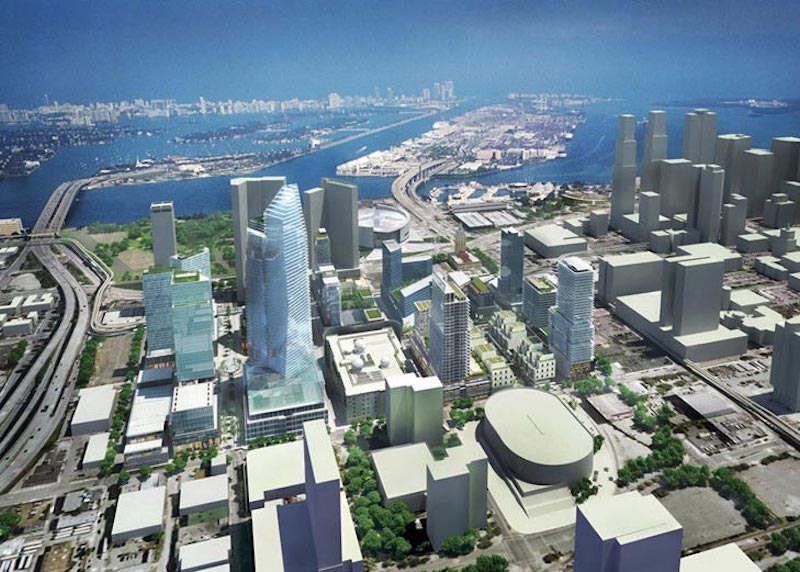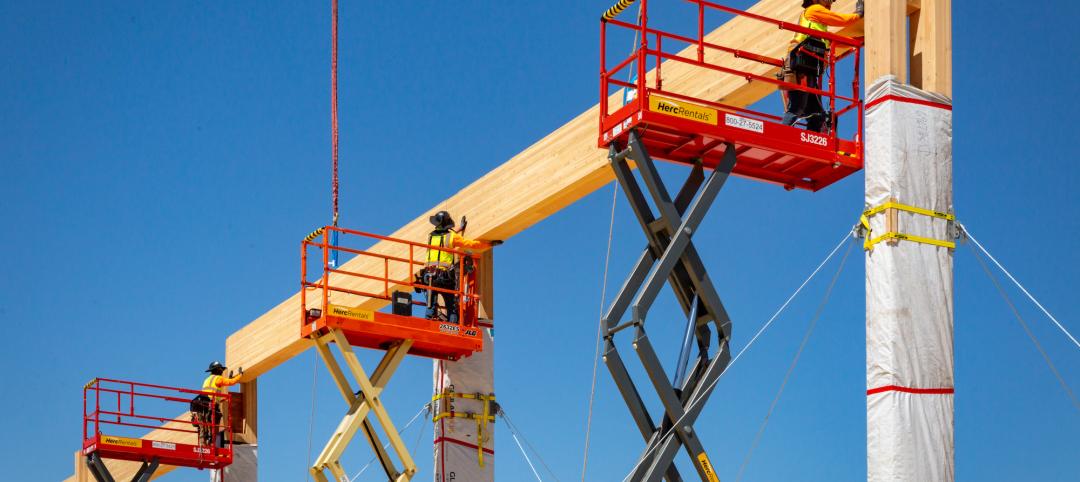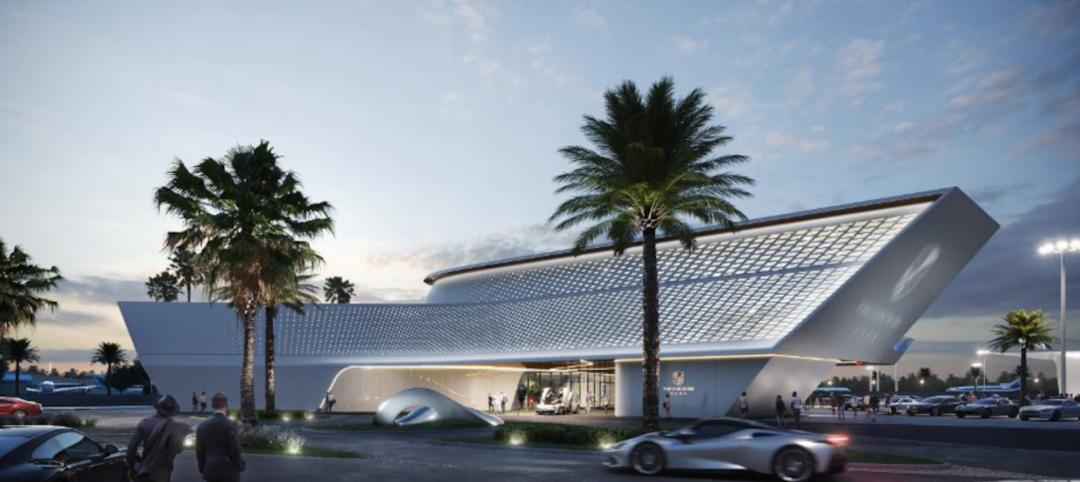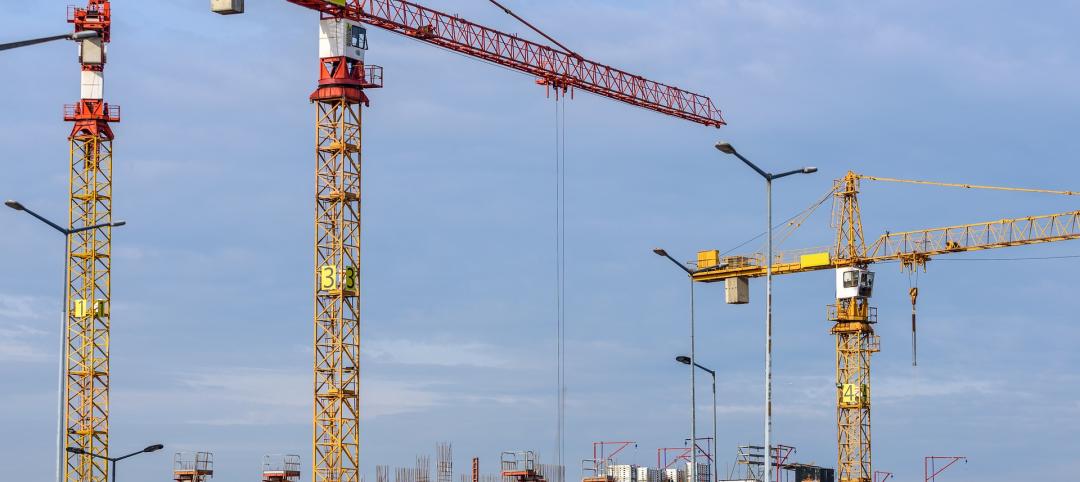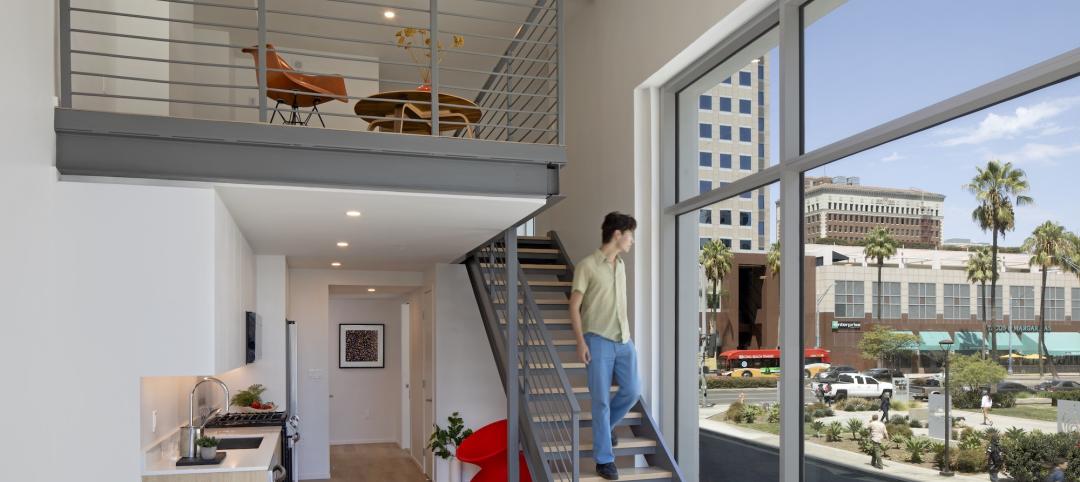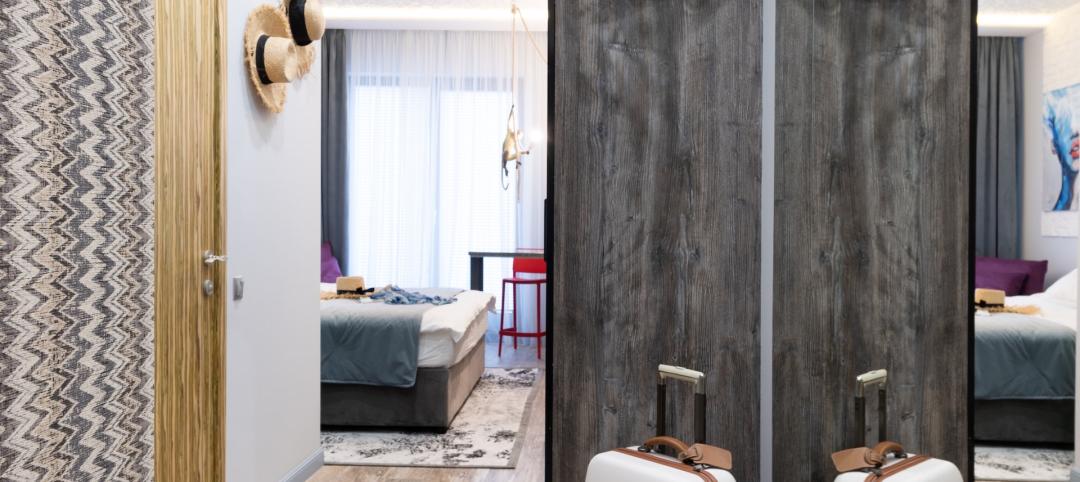Howard Elkus, FAIA, RIBA, LEED AP, cofounder of the Boston-based architectural firm Elkus Manfredi Architects, died on April 1 in Palm Beach, Fla., 11 days before his 79th birthday. The firm announced his passing on April 3 but did not disclose the cause of death or information about survivors.
“We grieve the loss of Howard as a co-founder of our firm, as a visionary architect, as a mentor, and as a friend. We extend our condolences to his wife, children, and immediate family,” the firm stated.
A graduate of Stanford University (B.S. mechanical engineering) and Harvard University (M.Arch with Distinction), Elkus began his five-decade-long career with the Walter Gropius-founded Architects Collaborative, where Elkus met his future partner David Manfredi. (The Architects Collaborative disbanded in 1995.)
In a statement, Manfredi referred to Elkus as “an extrordinary friend and business partner. He uniquely brought joy to every endeavor, made everyone he met feel special, and lived life fully every day.”
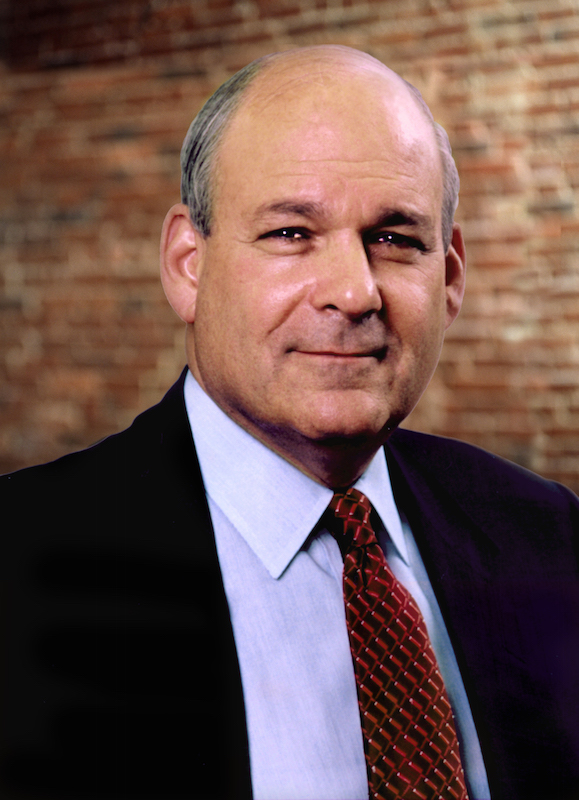
Howard Elkus, who cofounded the Boston firm Elkus Manfredi Architects with David Manfredi in 1988, died on April 1 at the age of 78. Image: Bruce Rogovin
His architectural and interior design work with Elkus Manfredi Architects ranged widely across myriad building typologies. In recent years, the firm has designed headquarters for New Balance, WS Development, and Blue Cross Blue Shield; as well as the Verb Hotel in Boston, and Linq Hotel & Casino (a reimagining of Caesar’s Imperial Palace) and City Hall in Las Vegas.
Other recent major projects Elkus was involved in include Miami Worldcenter, a redevelopment of 27 acres in downtown Miami that will expand the city’s central business district by between 12% and 15%, and create a vibrant walkable pedestrian environment. The first phase build-out includes three residential towers over 1 million sf of podium retail.
The firm also designed the podium retail component of the Hudson Yards project in New York that’s currently under construction. Elkus referred to HudsonYards as “the biggest mixed-use project in the United States, and one of the most impressive in the world.”
Elkus was the grandchild of Felix Kahn, one of the Master Builders of the West, and grandnephew of Albert Kahn, the foremost American industrial architect of his day. In a 2004 interview, Elkus told Visual Merchandising and Store Design (VMSD) that his first real design assignment was Copley Place, which in the mid 1980s was Boston’s largest urban mixed-use project.
He revealed during that interview that his inspiration for projects came from “the world out there. Like music, I get it from the simplest notes to a resounding orchestra. Nature does it for me and so, too, does man’s wondrous works, perhaps most of all the heroism of less-fortunate souls.”
Elkus saw Hudson Yards are part of a broader global urbanization, which he viewed as “wildly exciting and the potential is off the charts.” In a 2015 interview with Interior Design magazine, he said the “great question” of that movement continues to be “how do we maximize quality of life?”
Related Stories
Mass Timber | Jan 27, 2023
How to set up your next mass timber construction project for success
XL Construction co-founder Dave Beck shares important preconstruction steps for designing and building mass timber buildings.
Sports and Recreational Facilities | Jan 26, 2023
Miami’s motorsport ‘country club’ to build sleek events center
Designed by renowned Italian design firm Pininfarina and with Revuelta as architect, The Event Campus at The Concours Club will be the first and only motorsport-based event campus located within minutes of a major metro area.
Student Housing | Jan 26, 2023
6 ways 'choice architecture' enhances student well-being in residence halls
The environments we build and inhabit shape our lives and the choices we make. NAC Architecture's Lauren Scranton shares six strategies for enhancing well-being in residence halls.
K-12 Schools | Jan 25, 2023
As gun incidents grow, schools have beefed up security significantly in recent years
Recently released federal data shows that U.S. schools have significantly raised security measures in recent years. About two-thirds of public schools now control access to school grounds—not just the building—up from about half in the 2017-18 school year.
AEC Tech Innovation | Jan 24, 2023
ConTech investment weathered last year’s shaky economy
Investment in construction technology (ConTech) hit $5.38 billion last year (less than a 1% falloff compared to 2021) from 228 deals, according to CEMEX Ventures’ estimates. The firm announced its top 50 construction technology startups of 2023.
Sports and Recreational Facilities | Jan 24, 2023
Nashville boasts the largest soccer-specific stadium in the U.S. and Canada
At 30,105 seats and 530,000 sf, GEODIS Park, which opened in 2022, is the largest soccer-specific stadium in the U.S. and Canada. Created by design firms Populous and HASTINGS in collaboration with the Metro Nashville Sports Authority, GEODIS Park serves as the home of the Nashville Soccer Club as well as a venue for performances and events.
Concrete | Jan 24, 2023
Researchers investigate ancient Roman concrete to make durable, lower carbon mortar
Researchers have turned to an ancient Roman concrete recipe to develop more durable concrete that lasts for centuries and can potentially reduce the carbon impact of the built environment.
Architects | Jan 23, 2023
PSMJ report: The fed’s wrecking ball is hitting the private construction sector
Inflation may be starting to show some signs of cooling, but the Fed isn’t backing down anytime soon and the impact is becoming more noticeable in the architecture, engineering, and construction (A/E/C) space. The overall A/E/C outlook continues a downward trend and this is driven largely by the freefall happening in key private-sector markets.
Multifamily Housing | Jan 23, 2023
Long Beach, Calif., office tower converted to market rate multifamily housing
A project to convert an underperforming mid-century office tower in Long Beach, Calif., created badly needed market rate housing with a significantly lowered carbon footprint. The adaptive reuse project, composed of 203,177 sf including parking, created 106 apartment units out of a Class B office building that had been vacant for about 10 years.
Hotel Facilities | Jan 23, 2023
U.S. hotel construction pipeline up 14% to close out 2022
At the end of 2022’s fourth quarter, the U.S. construction pipeline was up 14% by projects and 12% by rooms year-over-year, according to Lodging Econometrics.


